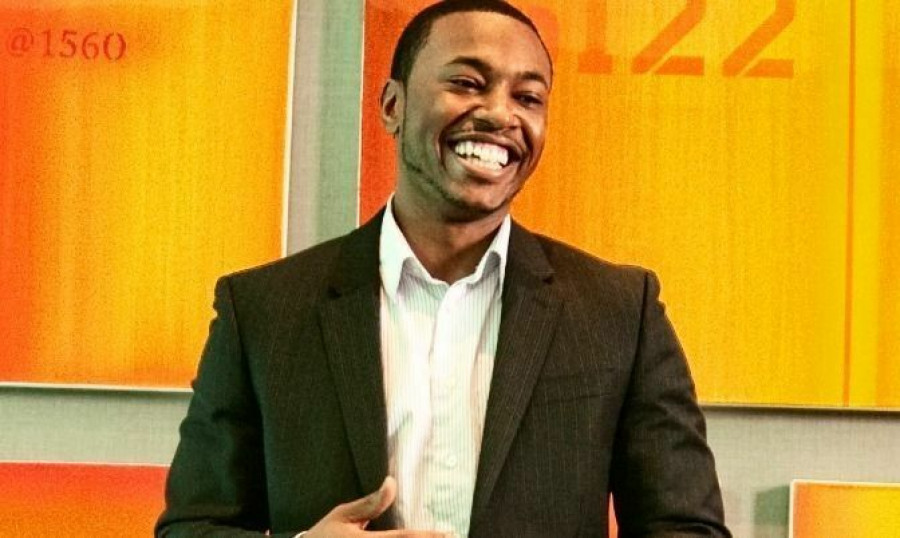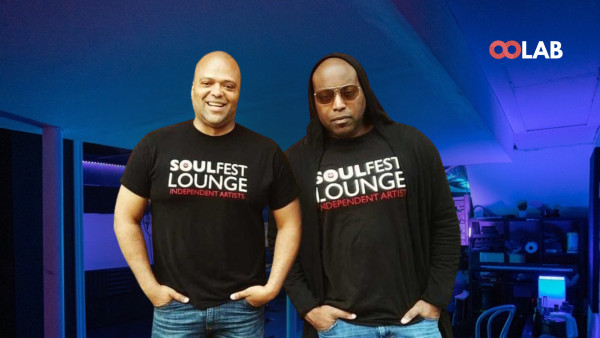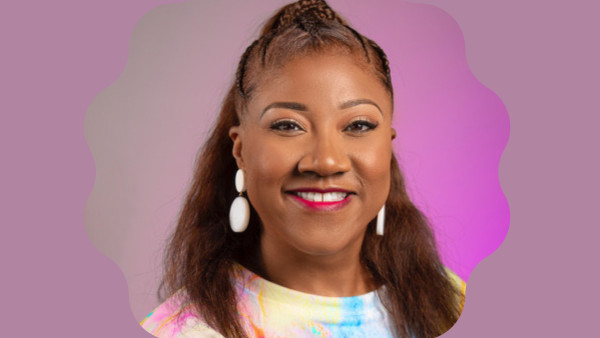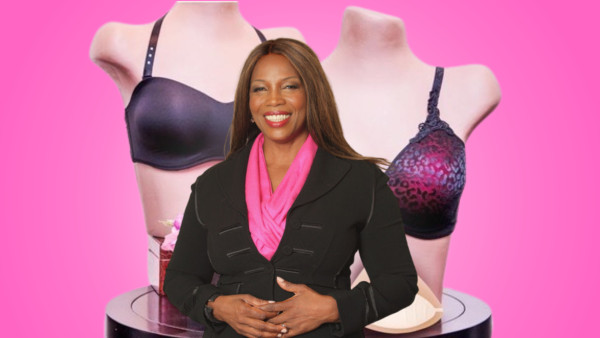He is the man behind Certified Ace and Neckles Global Enterprise. He is also the Co-Founder of TNTech Canada, one of the country’s leading distributors of onsite paging systems. His clients include: Jack Astor’s, The Keg Steakhouse, Baton Rouge and Shoppers Drug Mart. Neckles also has a passion for reaching young people by inspiring them to pursue their dreams through education and entrepreneurship.
What made you choose this career path?
It made sense to me at the time. I was 23 years old, completed an engineering degree from the University of Toronto and was working as a consultant for a major consulting firm. At that time, I purchased my first condo by the lake, I owned a new car, and loved what I did as a consultant. The people I worked with were great but I realized that in order for me to maintain the lifestyle that I had, I had to exchange time for money every single day. As a result, I regarded entrepreneurship as a path to provide that lifestyle without having to trade my time for money. Once I realized that, I basically quit my job and became an entrepreneur and haven’t looked back since.
As an entrepreneur, did you have any rock bottom moments?
The rock bottom moment was leaving my job and leaving the “paid lifestyle” to start building my first company TNTech Canada. I started living off a budget of less than $500 a month. I lived in a basement room of my business partner’s house. I recall one month having to borrow from one credit just to pay the minimum payment on the next. At the end of the day, I describe that as a rock bottom moment just for the purpose of answering the question, but in actuality it was probably one of the most exciting periods of my life. I was basically running my own business that had a lot of potential for growth and I was working around the clock, but enjoyed what I was doing. I had a roof over my head, I had clothes, and I had food. Looking back on it, I was living like a student which I was just several years ago. I welcomed the prospect that I was going back to school for a little while and living in a dorm room on a limited budget until I graduate, so that I don’t have to trade my time for money for the next fifty years.
How did things start turning around?
Fast-forward to several months of starting TNTech Canada Inc., our leg work eventually turned into sales --started to develop a good strategy for the market place -- and we started to hire employees. Those sales turned into flexibility, and I began to travel and explore the world and do the things I wanted to do with my time. I now own several businesses.
How important is it -- for people who start to venture out and fulfil their dreams -- to never give up?
I think people will never give up once they understand that failure is the prerequisite for success. The way I look at it is, I will fail; however, I will never fail the same way twice. It takes me back to university when my professor said 9 out of 10 businesses fail, so I kind of thought to myself that I have to start ten businesses from the logic of being able to understand that failure is important to success. I think one thing for young students to know – I say this a lot in my speeches – is how I failed through high school. A lot of my peers said they wanted to be B students, so set their targets at 70 and a lot of them succeeded at that. Whereas for myself, I wanted to be perfect in every class I did, every assignment that I did, every exam that I did and I failed miserably every single time, and as a result became an A student. I look at failure as an important part of who I am, and I have this quote which says show me someone who hasn’t failed and I will show you someone who has no ambition.
What are some of the mistakes people make when starting a business?
One of the major mistakes is not having a business model that allows them to scale. They want to start a business so they feel that they need to go to a store and buy a lot of inventory and take a lot of risk. In my experience you start a business with very little risk by testing out the market and going into the industry. I think a lot of people don’t have a good concept of a business model so they usually start way too big and basically can’t recover from their failures.
What are the most important steps people should take before becoming an entrepreneur?
First, entrepreneurship is about execution. It is about the ability to get things done when there is no imposed deadline or accountability other than yourself. It becomes a new way of life.
Second, know the industry that you are in. I like the concept that I don’t work for money but I work to learn, so being able to have experience in the industry that you are in and working in the industry is a great way to do it. It is not for the purposes of being an employee but for the purposes of being a sponge to learn as much as you can before you venture off. I feel like education in the industry through working or through experience is a good prerequisite or recommendation for people to get into a particular industry.
You launched the Youth Legacy Program. What do you hope to accomplish with this program?
The purpose of the Youth Legacy Program is to encourage youth to pursue education in Science, Technology, Engineering and Math. Growing up, I never met a Black engineer. I never met an engineer period until I got to university so never really knew what it was about. The program is about exposing young people to fields they typically would not be exposed to.
How important is it for people to set examples for younger people?
It’s all about exposure, and I feel like a lot of my success has been due to the fact that I have been able to reach out and be exposed to mentors and people that I looked up to. I feel that it is very important for anybody who is a role model to be visible and to give our youth other options, because we are competing with a huge media source through entertainment and sports, and I feel other examples need to be present in order to give kids more options on what to become when they grow up.
Who are your mentors?
Mentors evolve for me based on a lot of things. I think the mentors that stand out to me are some of the business entrepreneurs who define their own path and went through a lot. An example is Elon Musk –founder of PayPal and Tesla Motors— his visions are so large that he is able to really have a solid impact on the world, and is not afraid to go after it. He is one of the mentors I really look up to.

 By
By 








